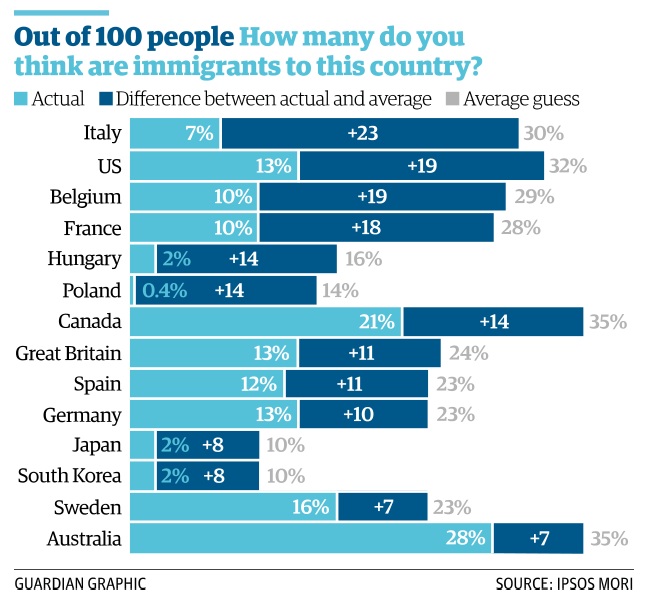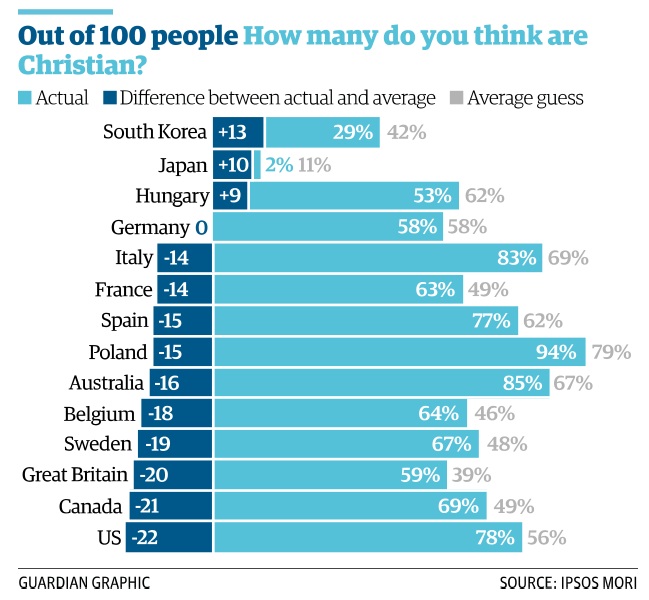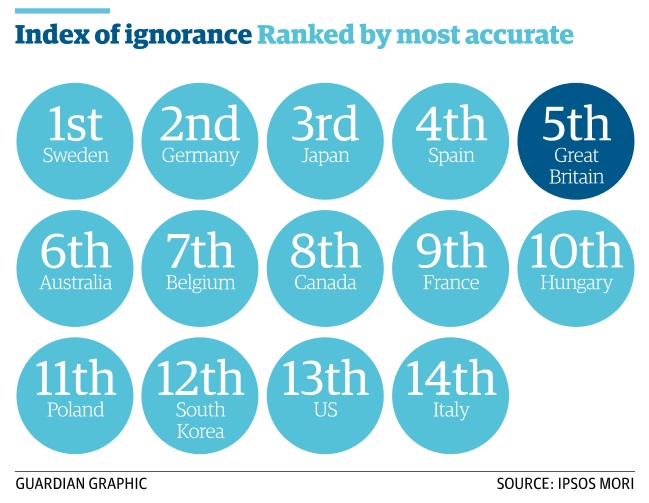The term “pathetic fallacy” comes from Ruskin’s 19th century campaign against false emotion in poetry. Pathetic then meant emotional, fallacy falseness.
A pathetic fallacy is based on personifying what is not a person. If we say clouds are sullen or leaves dance, we mask their reality with an idea. We do not see them as they are and we respond in ways that do not result from their reality. Pathetic fallacies trigger false emotions from false perceptions.
We make this mistake today when we think of corporations as people. We admire Apple, vilify Monsanto, and so on.
We also think of nations as if they have an existence separate from their people. And politicians speak of Islam as if it was an entity. I will explore those pathetic fallacies in future posts.
This post is about corporations viewed as people, a delusion that got a powerful boost in 2010 from the US Supreme Court.
In Citizens United v Federal Election Commission, which relied on an earlier decision that associations of individuals have First Amendment free speech rights, the Court ruled that corporations are associations of individuals and therefore also have those rights.
Justice Stevens pointed out the failure of logic. Since legal entities are not “We the People” for whom the Constitution was established, they have no Constitutional rights of any kind.
It is the members of a corporation or any other association who have Constitutional rights, said Justice Stevens. Corporations do not have an additional set.
Because Justice Stevens was in the minority, corporations, which are not individuals with a vote, now significantly influence voting.
We the People can try individually to persuade others to vote like us and if we are wealthy enough, we can buy media advertisements to amplify our voice. To balance that power, associations of individuals who are less wealthy can pool their resources.
But spending from corporate treasuries is now amplifying spending by wealthy individuals.
And our delusion that personifies corporations leads us to imagine they decide what politicians to promote. But corporations do not make decisions — their executives do.
Let me personalize that. The core business of Dun & Bradstreet where I was a Senior Vice President assumes that payment history is the best indicator of credit worthiness. That was true in 1841 when almost every US business was a sole proprietorship — but note the fallacy.
It is the proprietor who decides when a sole proprietorship pays its suppliers and that is true for every business enterprise, which means the best indicator of the credit worthiness of a business is the honesty of its executives.
There were no personal credit reports in 1841 but there are now, so the trustworthiness of any business can be judged by the presence or absence of negative financial behavior by its executives.
That must be the case because it is not businesses but the people who manage them that decide when and whether to pay bills.
Although the fallacy of imagining that corporations behave as entities separate from their executives is not significant for the future of D&B’s business, it is very important for the future of our democracy.
The newly authorized corporate spending to promote political candidates on top of the existing spending on lobbying to influence legislation now impacts who gets elected in the first place.
That matters because legislation by politicians whose campaigns are largely funded by wealthy individuals and the corporate treasuries they control inevitably favors those wealthy individuals.
That was not what the framers of our Constitution intended. Their goal was for legislation to “promote the general Welfare.”




